#fox benwell
Text
And standing in this moment, my knees shaking with the effort and emotion, I'm okay, even if this is my last.
Fox Benwell, from "A Play in Many Parts"
10 notes
·
View notes
Note
not a rec request, but as a South African queer person I just wanted to let you know of two South African queer books that I don’t often see on rec lists — maybe someone who follows your blog will enjoy them? :DD
the other me by xan van rooyen (set soon-ish after the end of apartheid, a white gay trans guy figures out his identity. i remember thinking that this book also portrayedgrief and self-harm really well. the author is also nonbinary and really friendly — i’ve connected w/ them via email before!)
the prey of gods by Nicky drayden (in a post-apocalyptic future w/ robots, a gay South African guy — who is Zulu i think! — helps to save the world)
if anyone has read any other books w/ queer South African characters i’d love for y'all to drop the names :)
You know, I actually though both of those books were already on the site but maybe they are not, so thank you for the reminder! (Though I do have Xan’s Finnish book on there.) The only other one I know of is Kaleidoscope Song by Fox Benwell, but I’d also love to know more!
ETA: I should've mentioned Kevin van Whye! I haven't read Nate Plus One yet but it's set in South Africa, and he's a South African author.
24 notes
·
View notes
Text
Dubois' bibliography: Fairy books (1)
I talked a LOT before of Pierre Dubois, his famous "Fairy/Elf/Lutin Encyclopedias", his collections of fairytales, and so forth and so on. And yes we have to agree that he has a very free, inventive, poetic style when it comes to retelling the various myths and legends surrounding the fair folk and other supernatural beings. As such, while his books are very entertaining and very beautiful, they are not to be used as a serious research material and can be quite misleading between Dubois' personal inventions, crafted genealogies and fictional history of "Elfland"...
BUT the wonderful and very pleasant thing with Dubois is that at the end of each of his Encylopedias he leaves us with a complete bibliography of all the books he used when writing them. I have rarely stumbled upon such complete bibliographies about the "fair folk", "good neighbor", petit peuple" and so forth, and while it goes a bit beyond what this blog is about (fairy tales proper), I still thought of sharing some of it here because my Dubois posts were all here.
Now, I can't share the entirety of the bibliography because it would be too big. However what I will share is all the books Dubois placed in his bibliography... in English. Indeed, Dubois reads the English and as such a good chunk of his bibliography is English-speaking (there are also some Spanish, Italian and German books in his lists). As such, if you are an English speaker you can easily go check these texts. (Note, this comes from his bibliography of his "Encyclopedia of Fairies", so that we stay within the "fairy tale" theme of this blog)
Tolkien's On Fairy-Stories
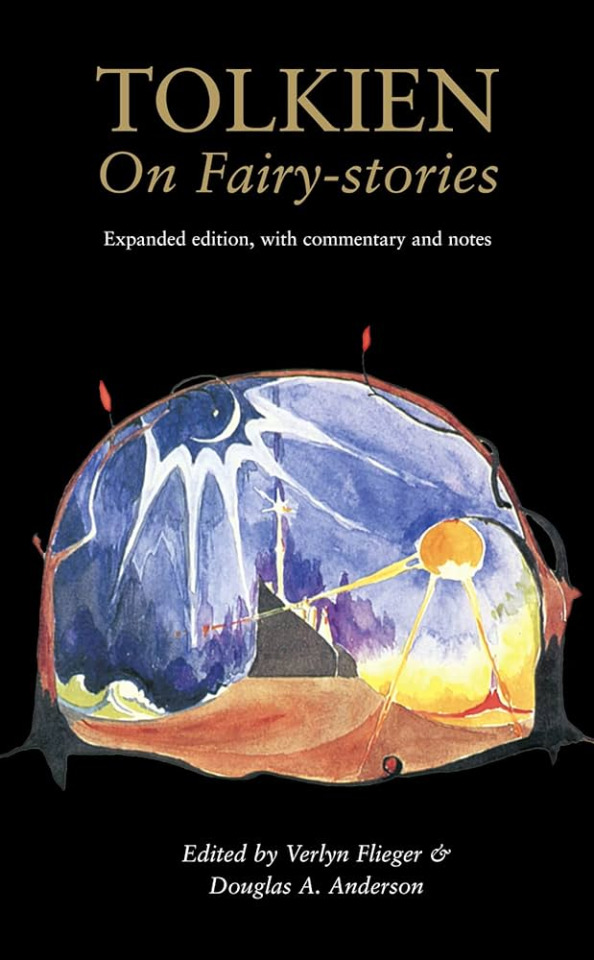
Beatrice Phillports, Mermaids
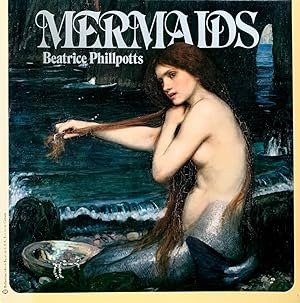
Richard Carrington, Mermaids and Mastodons
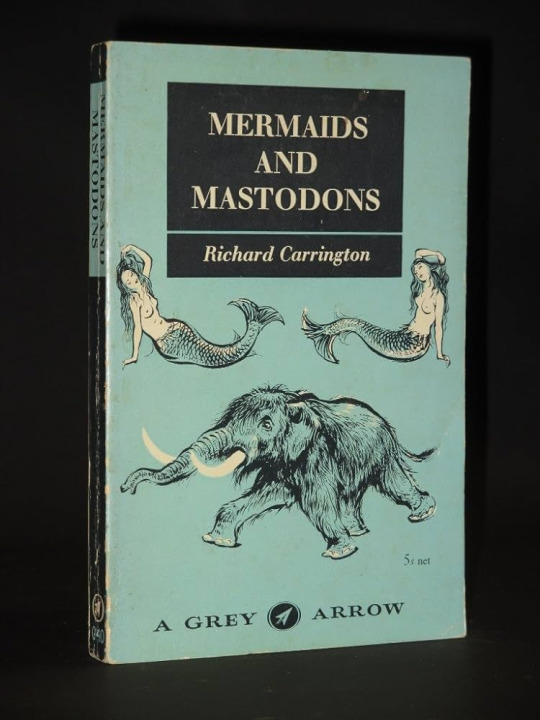
Gwen Benwell and Arthur Waugh, Sea Enchantress
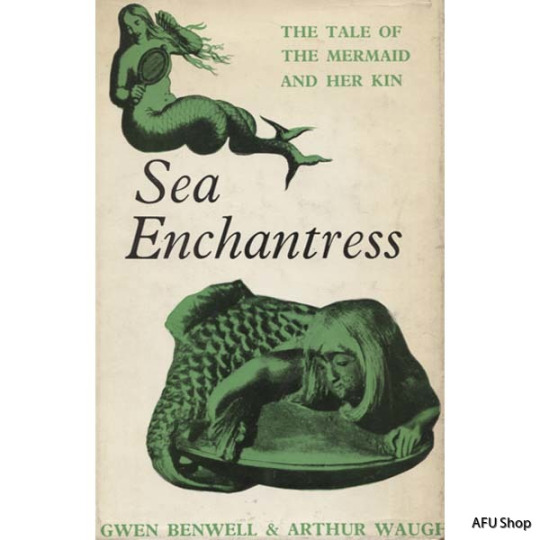
The Lost Gods of England, Brian Branston
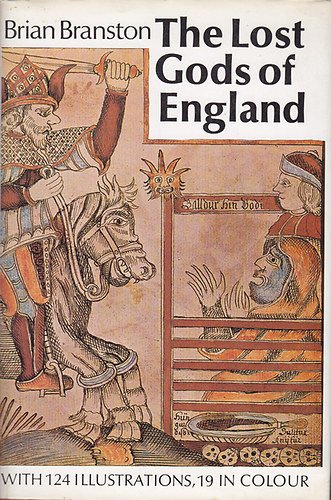
Wilfrid Bonser, A bibliography of folklore

Masaharu Anesaki, Japanese Mythology (also known as the History of Japanese Religion)

F. J. Child, The English and Scottish Popular Ballads
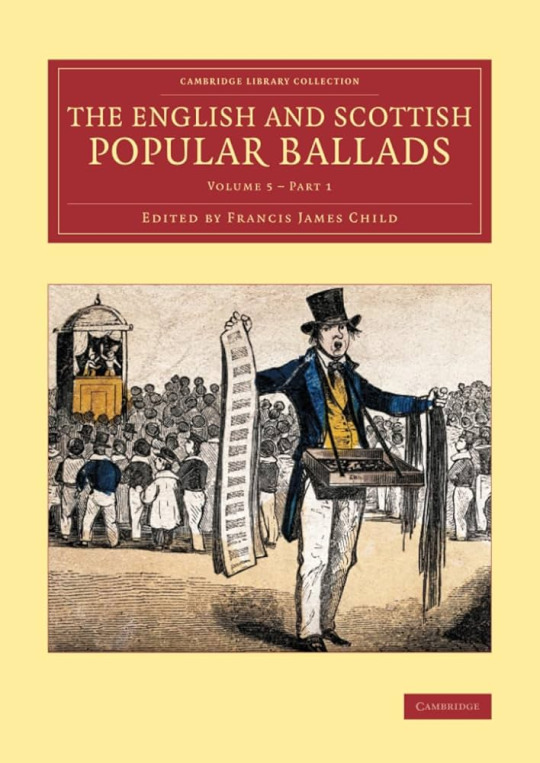
Moncure Daniel Conway, Demonology and Devil Lore

T. C. Croker, Fairy Legends and Traditions of the South of Ireland
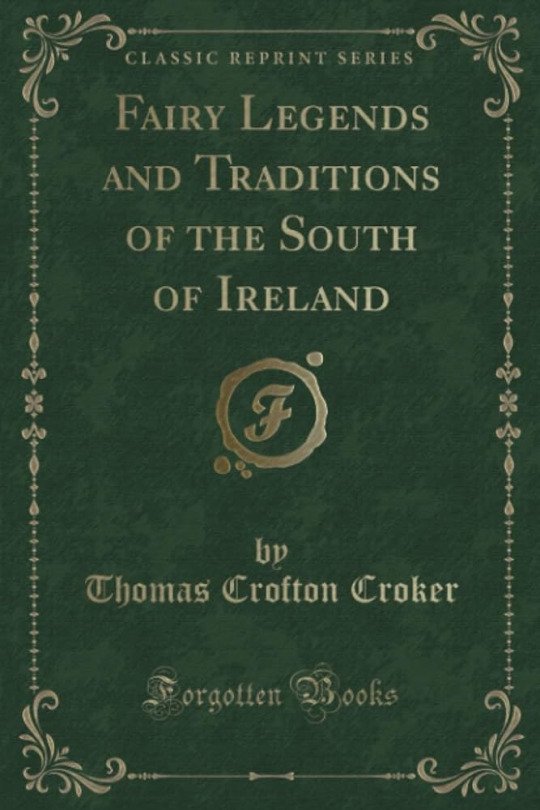
N. Belfield Dennys, The Folklore of China [The book has the very unfortunate subtitles "and its affinities with that the Aryan and Semitic races", but it was written in the 19th century so...)

David Crockett Graham, Songs and Stories of the Ch'uan Miao

Thomas Keightley, The Fairy Mythology
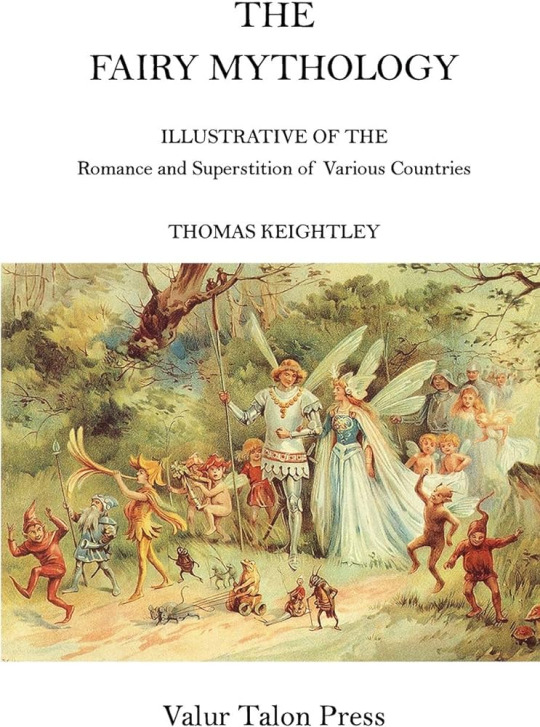
P. Kennedy, Legendary Fictions of the Irish Celts

John Rhys, Celtic Folklore: Welsh and Manx
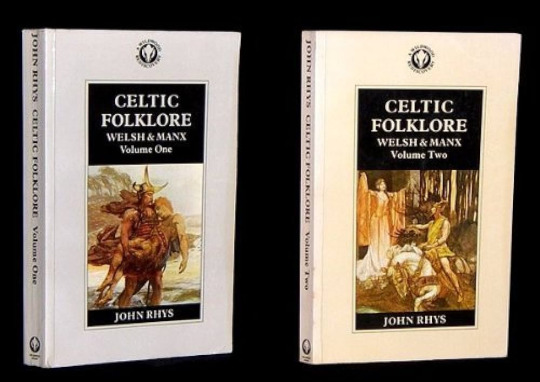
Sir George Webb Dasent's translation of Popular Tales from the Norse
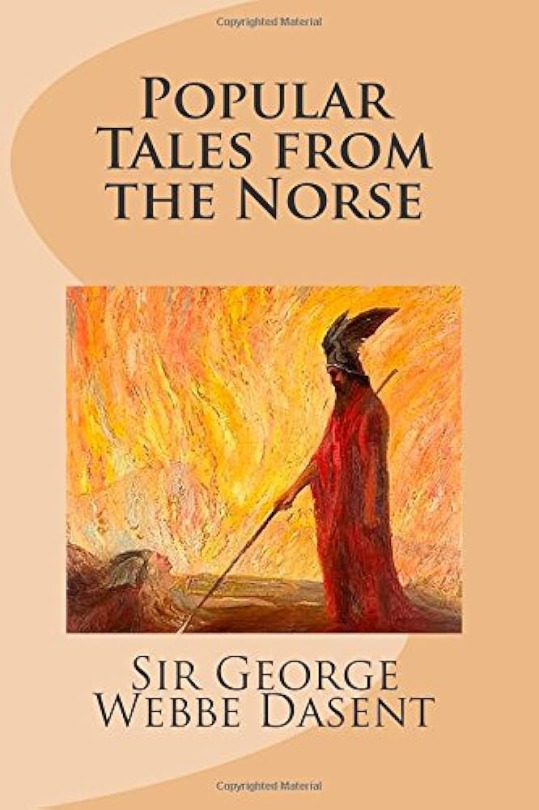
The Norse Myths (as rewriten by Crossley)
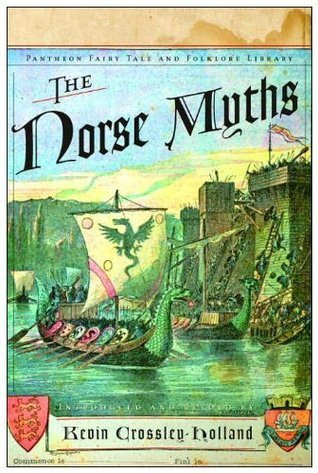
Delaporte Press' Great Swedish Fairy Tales, illustrated by John Bauer
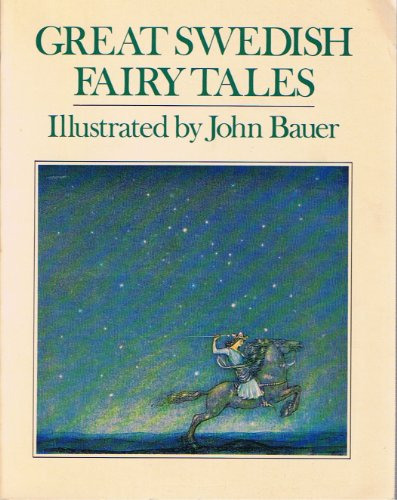
Inger and Edgar Parn d'Aulaire, D'Aulaire's Trolls (also known as D'Aulaire's Book of Trolls)
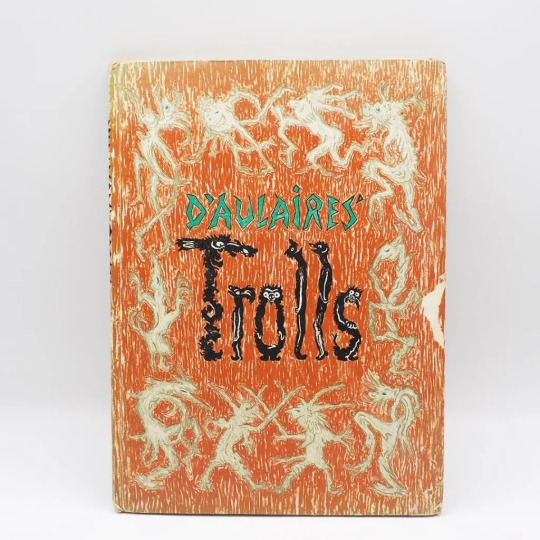
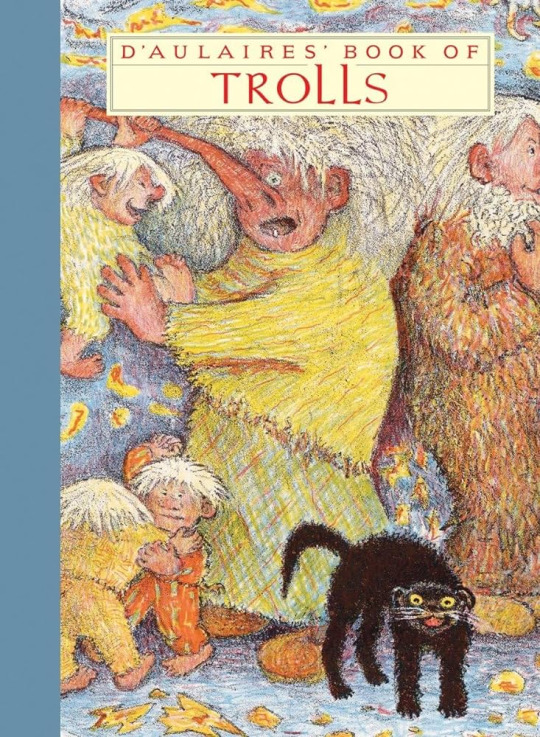
The Florence Ekstrand edition of Theodore Kittelsen's Norvegian Trolls and Other Tales
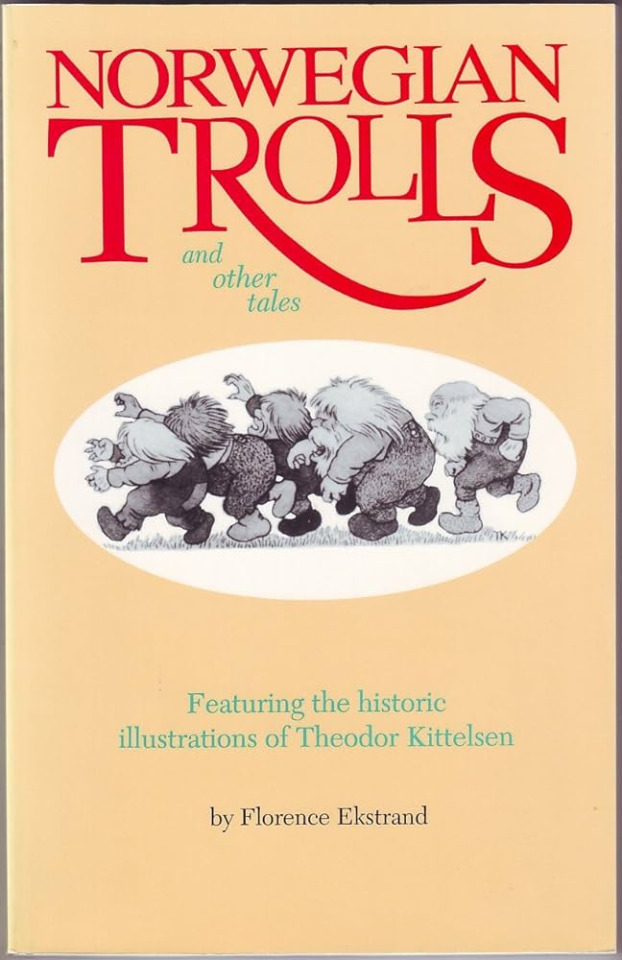
G. Fox, The Archaeology of the Cambridge Region
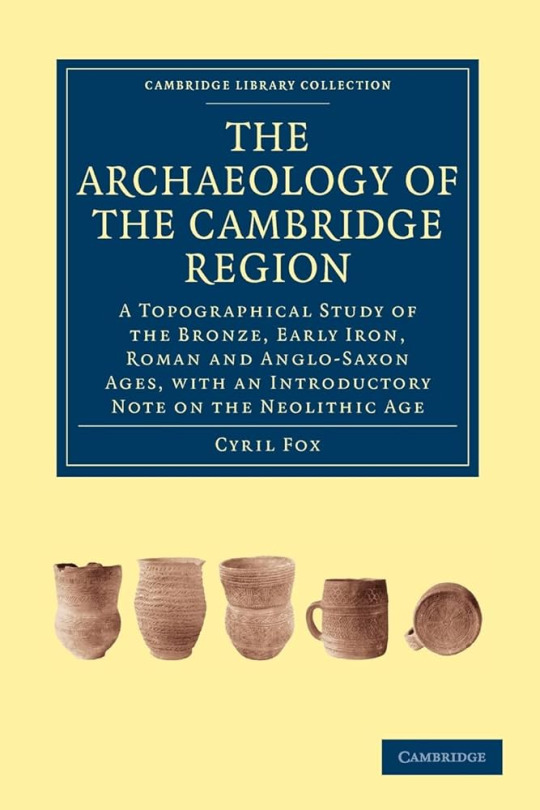
Edward L. Gardner, Fairies

M. Geoffrey Hodson, The Kingdom of the Gods

Sir Arthur Conan Doyle, The Coming of the Fairies
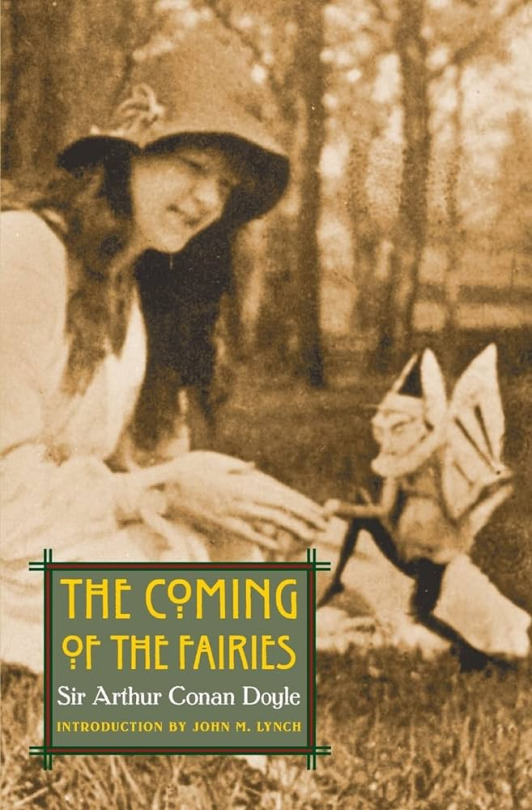
Walter Burkert, Ancient Mystery Cults

Sabine Baring-Gould, Curious Myths of the Middle Age
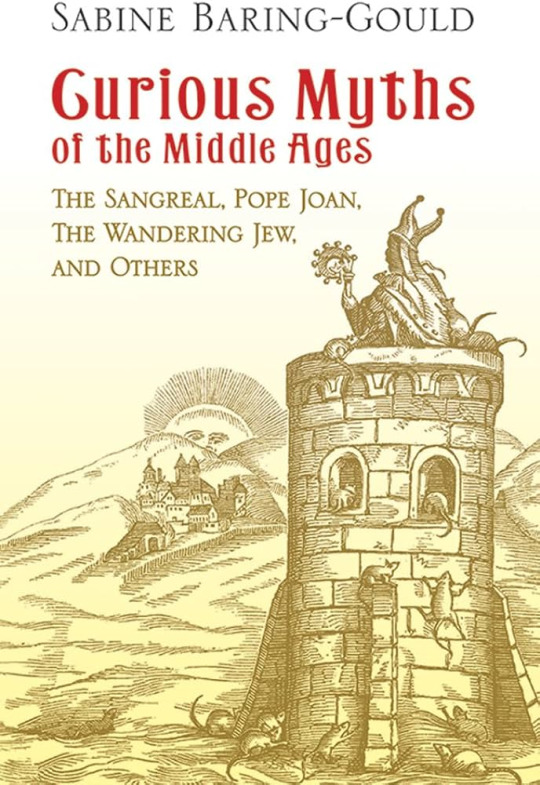
#pierre dubois#bibliography#book list#resources#fairy tales#fairytales#book resources#mythology#folklore#folklores#fairies#fairy#fairy book#mermaids
13 notes
·
View notes
Text






Books about LGBTQ Africans
#literature#nigeria#cameroon#south africa#kenya#egypt#yvonne fly onakeme etaghene#fox benwell#candice iloh#max lobe
88 notes
·
View notes
Text
ARC Review: Out Now: Queer We Go Again

Image from publisher’s website
Out Now: Queer We Go Again edited by Saundra Mitchell
Release: May 26, 2020
Publisher: Inkyard Press
*I received a free, digital ARC of this title from NetGalley in exchange for an honest review. All opinions are my own.*
Last summer, I published a review on my blog for All Out: The No-Longer-Secret-Stories of Queer Teens Throughout the Ages (edited by Saundra Mitchell, published in 2018), so I was thrilled when NetGalley approved an ARC for Mitchell’s newest collection of short stories featuring queer protagonists: Out Now: Queer We Go Again. Mitchell delivers again, with an all-star group of writers representing a wide range of the queer community. I’m here for it, and you should be too.
If you read my post for All Out, then you’ll already know my feelings about Out Now. The short stories were entertaining and great, they varied across multiple genres including contemporary, romance, and fantasy (my favorites), and the representation is on point. SO, instead of rehashing all those details, I’m going to let you know that I’m giving this new collection 4-out-of-5 Awesome Austin Points, because this collection delivers in the same way. Why only a 4, you might ask? Well, every collection of short stories comes with narratives to which each reader can connect, but there are also some that may not be favorites. There were many I liked and a few that didn’t quite reach me, so overall it didn’t quite make it to a complete 5.
With that said, I want to highlight this collection with a few of my favorites that you can hopefully enjoy as much as I:
“What Happens in the Closet” by Caleb Roehrig: Roehrig definitely gives a nod to Buffy the Vampire Slayer in this short story about a town prone to vampire violence. The question becomes whether or not the protagonists can survive their high school prom?
“One Spell Too Many” by Tara Sim: Ever since Tamora Pierce enraptured me with the “magic in ordinary wonders” in her Circle of Magic series (do yourself a favor and check those out) I have loved magic in simple contexts. Sim delivers in this short story of a young witch that specializes in magical baking (literally baking her spells into cupcakes, etc.). Unfortunately she mixes up two customer orders that could have disastrous consequences. It’s quirky, it’s fun, and I found myself loving the magical delivery.
“Once Upon a Seastorm” by Fox Benwell: This story is all about finding one’s identity. It just so happens that Theodora Hearn is trying to figure out who he is, which is no small feat considering his mother claims to have found him in the foam of the sea. Benwell delves into what makes you you in the short story that will tug at your heartstrings.
I would love to hear about your favorite stories from this collection so reach out to me here on Tumblr, my Instagram, or my Goodreads!
#All Out#Out Now#Saundra Mitchell#Caleb Roehrig#Tara Sim#Fox Benwell#Queer Stories#Queer Protaganists#Tamora Pierce#The Bookish Austin#arc reviews#new books#new book#books for teens#Young Adult novel#Short stories#book recommendations
21 notes
·
View notes
Photo

OUT NOW
QUEER WE GO AGAIN
edited by Saundra Mitchell
(Inkyard, 5/26/20)
9781335018267
Add to Goodreads
Purchase from Indiebound
QUEER WE GO AGAIN! A follow-up to the critically acclaimed All Out anthology, Out Now features seventeen new short stories from amazing queer YA authors. Vampires crash prom, aliens run from the government, a president’s daughter comes into her own, a true romantic tries to soften the heart of a cynical social media influencer, a selkie and the sea call out to a lost soul. Teapots and barbershops, skateboards and VW vans, Street Fighter and Ares’s sword: Out Now has a story for every reader and surprises with each turn of the page!
#saundra mitchell#green covers#candice montgomery#caleb roehrig#eliot schrefer#c b lee#will kostakis#mark oshiro#julian winters#kate hart#katherine locke#jessica verdi#tanya boteju#hillary monahan#kosoko jackson#meredith russo#fox benwell#the title is a pun do you get it#out now#queer we go again#queer lit#anthology#inkyard press#harpercollins#may 2020#may 26 2020
2 notes
·
View notes
Photo

Neo Mahone from Kaleidoscope Song is wlw
23 notes
·
View notes
Photo

Kaleidoscope Song #OutOfContext
#outofcontext#kaleidoscope song#fox benwell#ya#ya lit#ireadya#young adult books#books#bookish#bookworm#book lover#booklr#bibliophile#quotes#Quote of the Day#book quotes#ya quotes#love#love quotes#music#song
7 notes
·
View notes
Text
WE ARE UNBROKEN: YA Authors Get Honest about Disability
By Marieke Nijkamp
In the new YA anthology UNBROKEN, #1 New York Times–bestselling author Marieke Nijkamp teams up with fellow disabled authors to create a collection of fictional stories that dispatch with the tired, broken stereotypes—and reclaim narratives and identities.
Below, Marieke and fellow contributors share what disability means to them and what they hope readers take away from their stories. You can view the full list of contributors here.
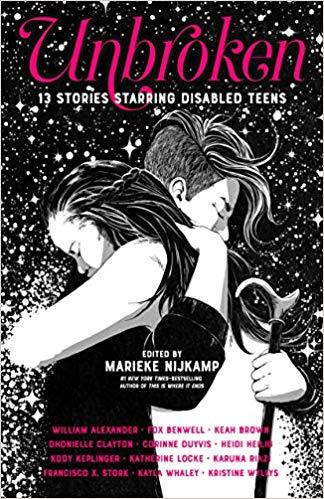
Marieke Nijkamp: Some days, I use a cane to walk. Some days, I use a cane to keep standing. I wear braces to keep my joints together, a back brace to keep my back straight. Some days, I’m more support than own strength. And on those days, I’ve found, people stare a lot. (When I’m lucky, staring is the worst thing they do. Staring, and quickly turning away when you try to meet their gaze.) I do not fit with their preconceived notions of disability. I’m too young. Too seemingly able-bodied. Too blue-haired and sharp-tongued.
I began to decorate my cane the moment I realized people stared. I used insulation tape and wound it around the length of the cane in different colors, obnoxiously, wonderfully rainbow. I figured, if people stared anyway, I would give them something to stare at.
Next were multicolor braces and slings. A cane with an eagle’s head. One decorated with leaves and birds. Colors and shapes and pieces of me.
It began as a means to challenge unwanted attention, but it soon turned into something more. A way to personalize assistive devices, extend my style, and to reclaim myself. Another step on the path from internalized ableism to disability pride. It was the moment I realized a thousand stares couldn’t define me, but how I chose to handle them, did.
Every disabled person I know has experienced moments like that, of (continuously) discovering what it means to be disabled, personally and in the context of the world around us, for better or worse. It’s certainly true for the contributors to UNBROKEN: 13 STORIES STARRING DISABLED TEENS. Which is why I brought them all together. Because those moments deserve to be shared. In their stories. In these blogposts. And in doing so, hopefully showing other disabled readers they’re not alone and we’re all in this together.
I’ll let some of my fantastic contributors share with you their moments, and what they hope readers will take way from UNBROKEN:

“I remember once upon a time, when I was young and freshly diagnosed, thinking that I had to find a solution to my bipolar. A cure or a medication or some kind of fix to the way I was. It took a while and a lot of ups and downs (ha), but these days I realize that I don’t need a solution, because my bipolar is not a problem. It creates problems, for sure, and those need handling. But the illness itself is nothing to be ashamed of. It’s just a part of who I am. I wish I’d known that sooner, but I’m happy to know now. That’s what I hope readers will take away from this collection. Honestly, the stories are beautiful, but if there is one thing for any disabled teen to remember about the book, it is the title.”
-Heidi Heilig

“Being a wheelchair user in elementary school sometimes made socializing tricky. Sleepovers, field trips, Girl Scout camping trips—all logistically difficult. But sometimes my disability made me queen. Like at Sparkles, the local roller skating rink, where I would lead a chain of my peers, the first holding onto my power chair's handlebars, the rest holding onto each other and whooping as I sped around the rink full-speed. The slick floor offered no resistance, no drag. When the chain behind me was long enough and my speed great enough, I'd turn, sharp and sudden, to see how many people I could send flying off, their joyous screams echoing back to me at the head of the party.
What I most hope people get from my horror story is a thrill, a tension, and the unique pleasure of something's not right here. But what I most hope people get from the book as a whole is a beautiful glimpse of all the many stories we have to tell. I hope people leave the book hungry for more.”
-Kayla Whaley

“My kid's first steps were suitably adorable, but that's not what we're here for. Try not to infantilize her efforts, even though she was a literal infant at the time. Her legs wobbled. She held the edge of an oval-shaped coffee table and taught herself new ways to negotiate with gravity. I used a walker and a cane rather than a coffee table when I relearned how to walk, so I knew exactly what my kid was doing, and how it felt, when she launched herself away from that table.
This is not a story about overcoming adversity with pluck and grit. I still use a cane. In all likelihood I always will. I've also written a cane sword into every single one of my novels so far, and I’m particularly fond of the one in my contribution to UNBROKEN. This memory is a moment of kinship and recognition. A small human taught herself how to walk. I bore witness to those first steps while remembering my own.”
-William Alexander

“When my doctors started trying to figure out what sudden pain and sleep-all-day exhaustion were about, I was sent to a specialist clinic. Their advice was that ‘pacing myself’ meant doing no more than 5 minutes of activity (including personal care/ cooking etc) in any given day, for weeks, and maybe gradually build it up to ten if I could cope. Along with ‘you should get used to the idea that you might only ever manage an hour’. I sat through one session and I quit.
It wasn’t going to work for me. My first book had just come out, there was promo and another book to write. I had a day job. Bills to pay. A home to maintain, a body to feed and care for. Friends whose lives I wanted to be part of. All the usual life stuff.
I…probably see-sawed back and forth between having energy and spending too much of it more than was wise, in those early days. I definitely tried ignoring advice from friends who’d been there. But I’ve got better at knowing limits and when and how to push them. Generally there’s still a trade-off somewhere – a bargaining for the next (or biggest) curtain call. We all do it, I think, disabled or otherwise: some of us just have to haggle better. Which is where A Play In Many Parts comes in.
With UNBROKEN, disabled readers have a collection which could very well hold several iterations of themselves (I know there are several separate pieces of me I can see in here). That feeling – the feeling of being seen – is huge. And abled folks might catch their first glimpse of us all as (messy, human) heroes instead of cautionary tales.”
-Fox Benwell

“I live with cerebral palsy and I didn’t always like or love myself because of it. In fact, I hated myself. I thought I was ugly and unlovable for most of my life (I’m 27). UNBROKEN is an anthology of stories starring teens and I spent all of my teenage years being terrible to myself. I think this experience is worth talking about because I know firsthand that it’s not easy to see our worth sometimes. We question why we don’t see ourselves in mainstream media in a positive light and why we aren’t good enough. The thing is, we are good enough. I was good enough back when I didn’t like myself and now, that I do. The only difference is that I didn’t know it then. I believed I had to hate myself because I was different. We shouldn’t hate our differences, we should celebrate them! They’re beautiful, messy, & complicated.
My story, Mother Nature’s Youngest Daughter, is about a young girl named Millie who is being bullied. She is also trying to find her place in the world and in her family. Millie fights back. That was important to me, she’s a young girl who loves herself in a way I did not. I wanted to let readers know they didn’t have to wait until adulthood to love & fight for themselves. I wanted them to see a black girl with a disability be loved, be strong, be angry, be happy, and bold without apology.
In the collection as a whole, I know that readers will get to see themselves in a vast amount of characters who share experiences they don’t often get to see in other literary circles or mainstream media. These kids are heroes WITH disabilities and not despite them. I hope that encourages them as much as it has me.”
-Keah Brown


Marieke Nijkamp is the #1 New York Times–bestselling author of This Is Where It Ends and Before I Let Go. She is a storyteller, dreamer, globe-trotter, and geek. She currently resides in her home country, the Netherlands.
#We Are Unbroken#Marieke Nijkamp#William Alexander#Fox Benwell#Keah Brown#Heidi Heilig#Kayla Whaley#Disabled Authors#Farrar Straus Giroux#YA Lit#CBC Diversity#Diverse Children's Books#Macmillan Children's Books
60 notes
·
View notes
Text
Book Review #1 of 2019:

Unbroken edited by Marieke Nijkamp. Rating: 3.4 stars average.
Read from January 1 to January 3.
The first book of the year! I rated each story individually and then averaged out for an overall book rating. I was so excited to pick up a book starring disabled characters. However, a lot of this anthology was what I call “Inspiration Porn.” I wanted to see characters with disabilities living their lives and I got a lot of stories about how they “overcome” their disabilities to do what able-bodied people do on a daily basis. The story that got the highest rating from me was “Dear Nora James, You know Nothing About Love” by Dhonielle Clayton at 4.5 stars. The lowest rated story was “A Play in Many Parts” by Fox Benwell at 1.75 stars.
It was great to see so many stories with disabled characters especially since they’re all Own Voices by the authors. However, I felt like a few were trying way too hard (i.e. “A Play in Many Parts”) or were like I said “Inspiration Porn” (I.e. “Britt and the Bike God”). I struggled with this collection because I didn’t want to see Inspiration Porn that appeals to able-bodied people so they can feel good about themselves. I feel like I’m definitely not explaining this part well at all.
It was a good start to my reading year and I enjoyed so many of these stories. I just wish there had been more stories about living life with a disability and less about “overcoming.” I think it’s a collection that a lot of people should read.
Note: photo is from my Instagram page--LibertyReads789
#books read in 2019#unbroken#marieke nijkamp#dhonielle clayton#fox benwell#52 books in 52 weeks#book review#book reviews#2019 reading challenge#goodreads challenge#1 of 52#books#booklr#bookstagram#spoonie booklr#spoonie reader#spoonie
3 notes
·
View notes
Text
If all the world's a stage, then all of life must be a script and every man the writer, and director, and the lead. An arrogant view, perhaps. A view of kings, warlords, and lovers; a view of stars who strive to always take that extra bow or byline. Maybe.
Or perhaps it is a tale of fate and chances: who will rise, and who will fall. Or one of your players running lines and possibilities until they get it right – as right as our frail human flesh allows, in whatsoever time we have.
Or perhaps it's all of this, or more, or none of it.
Let us explain, and pass the fate and judgment of this Faust into your hands.
— A Play in Many Parts (Fox Benwell) from Unbroken: 13 Stories Starring Disabled Teens
#book quotes#short stories#plays#ya fiction#fox benwell#william shakespeare#shakespeare#unbroken: 13 stories starring disabled teens#a play in many parts#as you like it#goethe's faust#faust#theatre#drama#stage#life#living#arrogance#performing#fate#chance#success#failure#acting#possibilities#improvisation#uncertainty
1 note
·
View note
Photo

Auf dem (wunderschönen) Cover von „Es. Ist. Nicht. Fair.“ – eine unserer Neuerscheinungen im Juni, auf die wir schon sehnsüchtig gewartet haben – sind drei Papier-Kraniche abgebildet. F��r alle, die gerne wüssten, wie man solche Kraniche selber faltet, stellen wir euch heute vor, wie das geht.
Alles, was ihr braucht, ist ein quadratisches Blatt Papier. Am Anfang ist es einfacher, ein größeres Papier zu nehmen, z.B. mit den Maßen 12 x 12 cm.
Das traditionelle Origamipapier, das wir auf den Bildern benutzt haben, ist auf der Rückseite weiß. Beim Falten des Kranichs ist es für euch wichtig zu wissen, dass nur die rote Seite (bzw. bei euch die Vorderseite) am Ende zu sehen sein wird.

1) Legt die untere linke Ecke auf die diagonal gegenüberliegende Ecke, faltet das Papier und klappt es wieder auf.

2) Legt die anderen gegenüberliegenden Ecken aufeinander, faltet sie und klappt sie zurück.

3) Dreht das Papier einmal um, so dass die Rückseite oben liegt. Faltet es einmal in der Senkrechten und klappt es wieder auf.

4) Faltet das Papier wiederum in der Waagrechten und klappt es auf.

5) Legt die vier Ecken des Papiers zusammen – das Papier müsste sich eigentlich von selbst richtig zusammenlegen, so dass ihr ein kleineres Quadrat erhaltet.

6) Legt die neu entstandene offene Ecke des Papiers nach unten.

7) Knickt die linke und die rechte Seite des Papiers so in die Mitte, dass Kante auf der mittleren Faltlinie liegt. Passt auf, dass ihr dabei nur eine Papierschicht zur Mitte faltet – die untere braucht ihr noch.

8) Dreht das Papier einmal um.

9) Wiederholt Schritt 7 auch für die zweite Seite – ihr erhaltet das Papier in Form eines Drachen.

10) Knickt die kleinere dreieckige Fläche des Drachens nach unten.

11) Klappt sowohl das eben eingeknickte Dreieck, als auch die in Schritt 9 eingeklappten Seitenflügel wieder auf.

12) Nehmt die untere – und freie – Ecke des Papiers und klappt sie wie auf dem Foto abgebildet nach hinten.

13) Das Papier müsste sich von selbst in die richtige Form legen, wenn nicht, müsst ihr ein bisschen nachhelfen.

14) Sorgt auf jeden Fall dafür, dass die hochstehenden Seitenklappen nach innen gefaltet sind und die Kanten bündig zur mittleren Faltlinie liegen.

15) Die Raute, die ihr nun vor euch liegen habt, hat eine Ecke, an der die Seitenklappen nicht miteinander verbunden sind und sich aneinander vorbeischieben lassen – zu sehen auf dem obigen Bild. Legt euer Papier so hin, dass diese offene Spitze zu euch zeigt.

16) Faltet wiederum die obere Papierschicht der linken und rechten Seitenklappe nach innen, sodass ihre Kanten auf der mittleren Faltlinie liegen. Dreht das Papier auf die Rückseite.

17) Wiederholt Schritt 16 für die Rückseite.

18) Bei dem spitzen Ende, das zu euch zeigt, sollte man das rechte und das linke „Beinchen“ immer noch aneinander vorbeischieben können. Nehmt eines der Beinchen und faltet es nach oben. Ihr tut euch einfacher, wenn ihr das Papier mit der Kante zu euch dreht und diese ein bisschen aufspreizt.

19) Klappt das Beinchen an dem möglichst obersten Punkt nach oben und achtet darauf, dass ihr es um genau 180° klappt und die Kanten damit aufeinander liegen.

20) Wiederholt Schritt 18 und 19 für das andere Beinchen.

21) Sucht euch eines der hochgeklappten Beinchen aus, an der der Kopf des Kranichs sein soll und klappt die Spitze nach Gefühl für den Schnabel ab.

22) Euer Papier hat nun schon – zumindest zweidimensional – die Form eines Kranichs. Nehmt nun die beiden Flügel und biegt sie nach unten. Zieht zusätzlich leicht an den Flügelspitzen, damit sich der Körper des Kranichs aufbläht.

23) Sollte der Körper des Kranichs sich mit dem zusätzlichen Volumen nicht anfreunden können und gefaltet bleiben, obwohl ihr schon an den Flügeln gezogen habt, könnt ihr leicht auf die Knickkanten drücken, dann müsste er nachgeben.
Und das war’s, euer Kranich ist fertig!
Beim ersten Mal sieht er vielleicht noch ein bisschen missraten aus, aber nach ein paar Malen geht einem das Falten ins Fleisch über.
Damit ihr euch nicht die ganze Zeit durch diesen Beitrag hinauf- und hinunterscrollen müsst, haben wir euch hier alle Schritte auf einen Blick zusammengefasst.

Viel Spaß beim Falten eurer Kraniche!
#booklr#es ist nicht fair#fox benwell#kraniche#origami#diy#bücherliebe#booklove#bookworm#books#bücher#dtvverlag
8 notes
·
View notes
Text
New Release Spotlight: Proud ed. by Juno Dawson
New Release Spotlight: Proud ed. by Juno Dawson

I’m so excited about this month’s featured new release, the Proud anthology edited by Juno Dawson! Yes, this is UK YA, but thanks to Book Depository, you can buy it in the US as well! Not only are the stories in this collection wonderful and adorable and full of glorious representation all over the LGBTQ spectrum, but it’s also got stunning illustrations created especially for each story.
The…
View On WordPress
#Anthology#David Levithan#Dean Atta#featured#Fox Benwell#Jess Vallance#June Dawson#Juno Dawson#Kay Staples#Proud#Simon James Green#Stripes Publishing#UK YA
76 notes
·
View notes
Text
appreciation post
Kaleidoscope Song by Fox Benwell is a really fucking good book. I picked it up at the library because it had a cool title and checked it out because it sounded good and was about wlw. It's located in South Africa and focuses on Neo, a girl who really loves music and Tale, a lead singer in a band. The rest of the story details on their romance and one perspective of what it's like to be queer in South Africa. It's a book that's a strong reminder of how difficult it still is to be queer in many parts of the world. Although it does have some sweet romantic moments, it also deals with strong homophobic attitudes and it brings up the issue of corrective rape. This book is powerful and is 100% worth the read, I highly reccomend it.
#trigger warning#tw: rape#tw: homophobia#tw: corrective rape#wlw#wlwoc#lgbt#lgbtq#pride#books#booklr#kaleidoscope song#fox benwell
1 note
·
View note
Text
Book of the Month #60
*drumroll* #BookoftheMonth is Kaleidoscope Song by @ThisFoxWrites You should really read it!!!

Kaleidoscope Song by Fox Benwell You can read my review by clicking on this link HERE
View On WordPress
1 note
·
View note
Quote
‘Sora.’ He crouches so that our eyes are level, lays his hand on top of mine. ‘I think things are progressing faster than we thought or than we’d like.’
I nod. I know.
‘I’m sorry.’
I nod again, and he pulls away. ‘I’m going to show you some exercises that might help,’ he says, his voice suddenly brighter.
I wish I could do that, flick an internal switch and suddenly feel optimistic, but I remember the last time things progressed faster than they predicted. And I have to ask. ‘Doctor?’
‘Hmm?’
I hesitate, and when I speak my voice squeaks like a child’s. ‘How long do you think I’ve got?’
He shakes his head. ‘There’s no way to predict that.’
‘I know, but…a guess.’
‘No. I would only get it wrong. I don’t want you think—‘
‘Please? I need—I need to know.’
‘I can’t. I’m sorry.’ There’s something in that look. Not sorrow, exactly, but…detachment. And I think that’s worse.
Fox Benwell, The Last Leaves Falling
#patient problems#fact in fiction#for the nurse#Fox Benwell#The Last Leaves Falling#books#quotes#fiction
1 note
·
View note